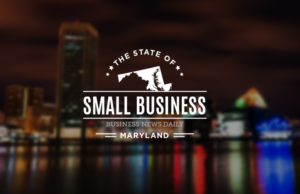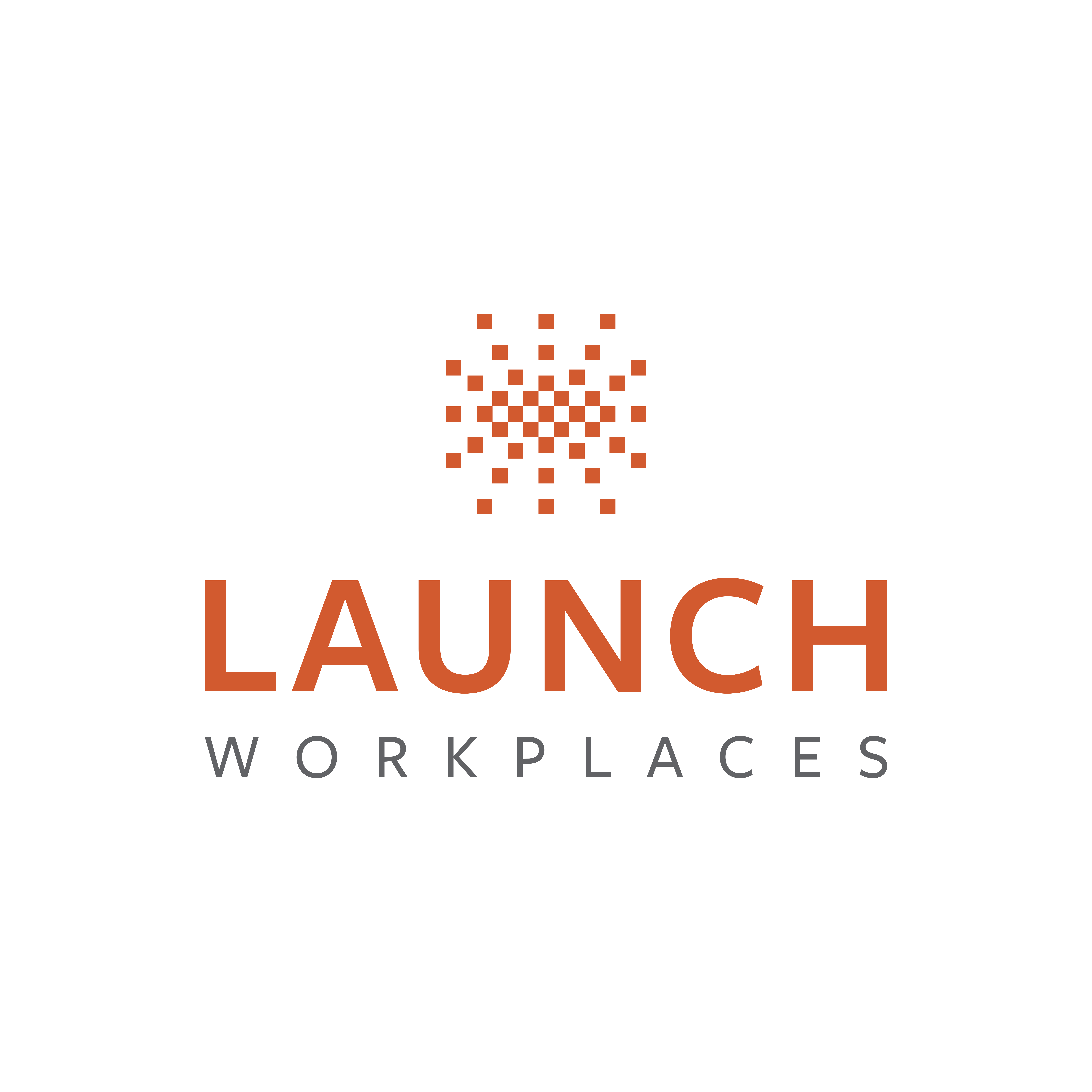As part of our yearlong project “The State of Small Business,” Business News Daily plans to report on the small business environment in every state in America. In this installment, we asked a few of Maryland’s more than 500,000 small business owners about the challenges and opportunities of operating in their state. Here’s what they had to say.
Maryland’s entrepreneurs might have to face high taxes and an elevated cost of living, but their sunny dispositions make clear that the Old Line State is home to plenty of opportunity. Many small businesses have been able to find success in Maryland due to its proximity to Washington, D.C., which adds another large market and the possibility of federal contracts to the list of benefits for entrepreneurs. Community support in the form of loyal customers, funding programs and grant opportunities is also substantial.
Moreover, Maryland’s high per capita personal income offsets the expensive cost of living in the state. Currently, the state’s labor market looks particularly strong, meaning business owners are typically able to find the right person to fill their open positions. The small business owners and professionals who spoke with Business News Daily emphasized their enthusiasm for operating in Maryland. We took a closer look at why they’re so optimistic.
Opportunities
Proximity to D.C.
Maryland’s proximity to Washington, D.C., opens up the possibility for small businesses to pursue plenty of federal government contracts.
“In 1996, I started a Frederick, Maryland, [aerospace and intelligence] company named Sycamore,” said Kurt Heckman, president of customizable calculator website vCalc. “During that time, it definitely helped being in Maryland with its proximity to the federal government marketplace.”
Heckman was able to leverage Sycamore’s success, due in part to its access to D.C., into a $30 million sale. He used that capital to design and launch vCalc, which is also based in Maryland.
Other entrepreneurs have found success after launching directly in D.C. Founded in the nation’s capital in 2012, &pizza is a “fast casual” pizza chain, which now has additional locations in Bethesda, Maryland, as well as in Virginia.
“The District of Columbia is a great place to own a small business right now,” said &pizza CEO and co-founder Michael Lastoria. “Given the recent rapid and continuous development happening in the city, there are endless opportunities.”
Community support
Entrepreneurs also reported reliable community support in Maryland. They generally can rely on a loyal base of “buy local” customers, and there are a number of local and state programs, as well as grant opportunities, to pursue.
“Maryland has been good to vCalc,” Heckman said.”Because we are a Maryland-based company, we were able to apply for and win two Maryland Industrial Partnership (MIPS) grants — one for $100,000 with Frostburg [State University], and one for $100,000 with St. Mary’s [College of Maryland]. In both cases, the grant money goes to the schools to do development work for vCalc.”
“Local government has also been incredibly supportive, seeking new ways … to encourage startups and small businesses to plant their flag here,” Lastoria said. “We’ve been particularly supportive of ‘Made in D.C.,’ a collaboration between local makers and producers and the D.C. Department of Small and Local Business Development.”
Labor market
The labor market in Maryland shows signs of good health. Unemployment is falling, and the labor force is growing. That means there’s more diversity, as well as a variety of skills available. The influx of workers into the market means competition for qualified employees is not as fierce as it otherwise would be, entrepreneurs said.
“The state of Maryland, under its Department of Labor, recently launched a youth apprenticeship pilot program,” said Amanda Haddaway, managing director of human resources consultancy HR Answerbox. “The program is aimed at high school juniors and seniors interested in STEM [science, technology, engineering and math] careers. Programs like this will help encourage students to see that work after high school, or in conjunction with community college, is a viable career path.”
However, Haddaway also warned business owners to take advantage of the labor market’s strength now and plan for the future accordingly.
“As baby boomers age out of the workforce and enter retirement, there aren’t enough younger workers available to fill their places,” she said. “Companies need to take a serious look at their replacement planning and succession planning models now, in order to be prepared for the challenges they will face in recruitment and retention.”
Challenges
High cost of living
Maryland has an exceptionally high cost of living, which can be a barrier for startups. According to Sperling’s Best Place’s Cost of Living Index, in which a score of 100 is the national average for cost of living, Maryland comes in at an overall score of 116.1. In fact, the state was rated more expensive than the national average in all of the major categories: groceries, health care, housing, utilities and transportation.
However, the state’s residents have a comparatively high income, which may offset some of the high cost of living. Although Maryland’s average per capita personal income (PCPI) has rapidly declined since 2009, the U.S. Bureau of Economic Analysis (BEA) reports that the average individual’s income ($56,127 a year) is about 18 percent higher than the national average of $47,669. Still, for out-of-state startups, the obstacle might remain steep unless they already control a large amount of capital.
High taxes
Maryland’s taxes are pretty high compared to those in many other states. Coupled with the high cost of living, the state’s taxation is bound to push a business’s expenses further into its profit margin.
Currently, Maryland’s corporate income tax rate tops out at 8.25 percent, which is higher than three of the four bordering states. Maryland also levies a state sales tax of 6 percent, although that rate is much more in line with the regional average. However, local rates might also apply depending on your location.
Maryland’s personal income tax rate is relatively moderate, with an eight-bracket scale ranging from 2 percent to 5.75 percent. These rates particularly apply to companies incorporated as pass-through entities, such as Limited Liability Corporations.
Resources for small businesses in Maryland
If you’re a small business owner in Maryland looking for resources to help you move forward, here are a few organizations you might want to learn more about.
Maryland SCORE
SCORE’s volunteer business professionals and expert “mentors” give counsel and guidance to entrepreneurs looking to start or expand their businesses. The services are entirely free and volunteer-driven.
The U.S. Small Business Administration (SBA) offers financing and grants, as well as consultations and counseling services. There are also opportunities to apply for federal government contracts through the SBA and avenues for obtaining assistance in the wake of natural disasters.
Maryland hosts a number of development centers for small businesses. Each is dedicated to supporting the development and retention of small businesses, helping entrepreneurs do things like craft business plans and navigate the state’s tax code. You can find your region’s small business development center via the link below.
via BusinessNewsDaily.com




